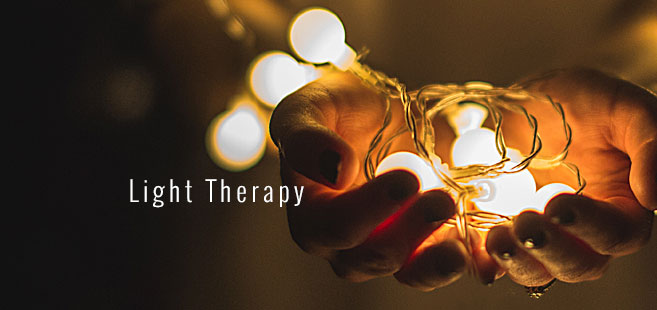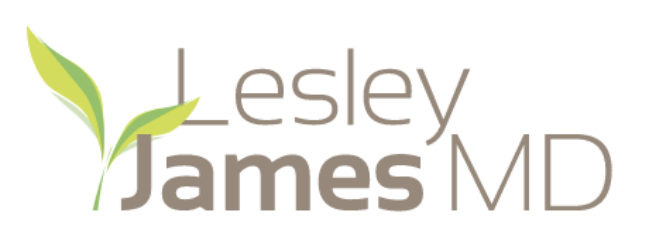 Every day our bodies experience circadian rhythms, or mental, physical and behavioral changes that are based on our response to the light and darkness in our environments. The best example being sleeping while it’s dark and performing our daily functions while it’s light outside. But these rhythms relate to far more complex brain and body functions, and are suffering in today’s society, as we are living less and less according to the natural cycle of the seasons.
Every day our bodies experience circadian rhythms, or mental, physical and behavioral changes that are based on our response to the light and darkness in our environments. The best example being sleeping while it’s dark and performing our daily functions while it’s light outside. But these rhythms relate to far more complex brain and body functions, and are suffering in today’s society, as we are living less and less according to the natural cycle of the seasons.
Truth is, our world is light-deprived and we are paying for it with our health.
Our bodies have become accustomed to the dim artificial light provided in our work places, found while running indoor errands, and again at home, when we are relaxing by watching television or sitting in front of our computers. But there’s a bright beam of hope: Researchers are making great strides in understanding the impact of light on our health and wellness, and there is now emphasis on the importance of getting enough of the right kind of light, which is bright light. It is called Light Therapy.
Symptoms of SAD: Difficulty waking, Decreased energy, Increased sleep, Carbohydrate cravings, Difficulty concentrating, Withdrawal, Depression, Anxiety, Irritability
Light therapy recommended for Seasonal Affective Disorder (SAD)
Light therapy, or exposure to bright artificial light that mimics natural outdoor light, has long been recommended for Seasonal Affective Disorder (SAD), a form of depression that occurs mainly in the fall and winter months, causing chemical alterations that result in changes in mood, sleep, even eating habits.
Light therapy is also effective for a number of additional disorders and health issues, such as:
- Non-seasonal depression (chronic depression and treatment-resistant depression)
- Premenstrual disorders
- Pregnancy-related depression
- Winter-heightened ADHD
- Dementia
- Parkinson’s Disease
- Jet Lag and Shift Work (exposure to proper light can safely shift our
bodies’ clocks to function effectively under circumstances of fatigue) - Sleep disorders
- Low energy and fatigue
- Eating disorders
- Cancer- and illness-related depression – Chronic Fatigue Syndrome
The benefits of light therapy continue to grow as this treatment is more widely utilized and studied. And while its one-time cost and quick results are an attractive prospect, even more impressive are recent studies and results: Data has shown that light therapy is as effective as antidepressants for depression and other disorders and, when used in addition to medication, accelerates improvement and symptoms.
Guidelines for purchasing a light therapy box
Of course if you are interested in purchasing a light therapy box or lamp, there are guidelines for the best results, such as purchasing a light that provides 10,000 lux of illumination at a comfortable sitting distance, brands that have been tested successfully in clinical trials, a white light rather than a colored light, as “full spectrum” and blue lamps provide no known therapeutic advantage, and more. There are minimal, if any, side effects stemming from light therapy, mainly headaches, eye strain or edginess.
As always, it is best to consult a physician before purchasing or beginning a new therapy. In this instance, the timing of the light is important, and it is not recommended for everyone, especially those with retinal issues or eye disease. I often give light therapy a glowing review and hope you’ll look further into its advantages or contact me for a consultation so we can determine if it might benefit your winter blues.
Resources
- Center for Environmental Therapeutics. www.cet.org
- Ach Gen Psychiatry, 2011. https://jamanetwork.com/journals/jamapsychiatry/fullarticle/211002
- https://www.omicsonline.org/open-access/feasibility-of-a-randomized-controll ed-trial-of-lighttherapy-in-cancer-patients-with-insomnia-2165-7386.100018 3.php?aid=29933&view=mobile
- https://www.ncbi.nlm.nih.gov/pubmed/27835724
- http://www.sleepreviewmag.com/2015/05/light-therapy-better-sleep/
- https://www.psychologytoday.com/blog/mental-wealth/201304/resyncing-the-b ody-clock-treatadhd
- https://www.ncbi.nlm.nih.gov/pmc/articles/PMC2951731/
- https://www.chronobiology.com/new-analysis-suggests-menopause-and-insomnia -go-hand-in-hand

